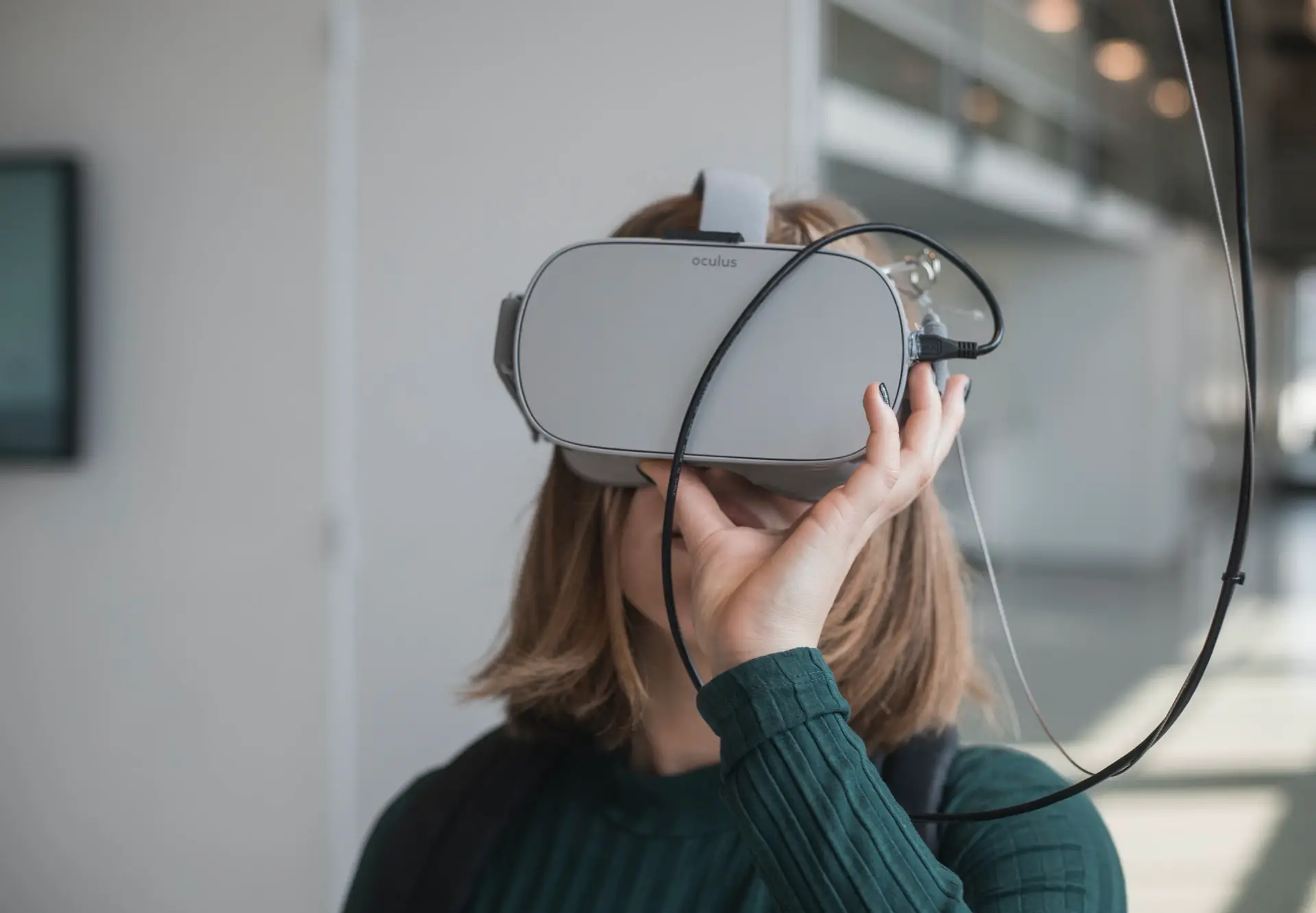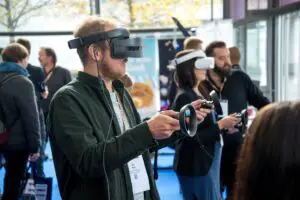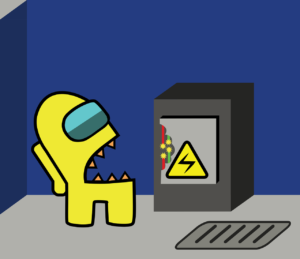Experts from the University of Strathclyde and the National Manufacturing Institute Scotland (NMIS) are collaborating with the UK and European partners for PRIME-VR2, a two-year project to create a digital environment using virtual reality (VR) within rehab programs. The European Commission is funding the initiative as part of Horizon 2020.
The objective is to improve rehab speed and completion rates by making the process more stimulating. It will complement the conventional methods and ease the pressure on therapists.
The platform enables medical personnel to track patient progress using gaming data and provide ongoing support virtually. It will allow the patients to enhance their upper body motor skills and improve movement in their arms, wrists, hands, and fingers. The activities can be personalized based on the patient’s cognitive and physical impairments.
The industrial partners, Loud1Design, will receive support from Strathclyde and NMIS for the virtual program’s development. They will also create a prototype video game controller for each patient. The University of Pisa is coordinating the project with assistance from academic partners in Malta, Oulu, and London and industry partners from the tech and gaming world.
Andrew Wodehouse, senior lecturer at the Department of Design, Manufacturing and Engineering Management at the University of Strathclyde, and founder of the European Consortium said, “The outcome of this project will make the long recovery process more engaging while permitting the patient’s performance to be recorded accurately, allowing specific and measurable goals to accelerate rehabilitation time.”
Kareema Hilton, a manufacturing engineer at the NMIS, stated, “We’re working closely with our colleagues in the University of Strathclyde and the wider consortium, bringing expertise from a variety of backgrounds to ensure that the virtual platform and physical controller are fully reflective of each patient’s requirements.”
Follow us on LinkedIn
Read other Articles




